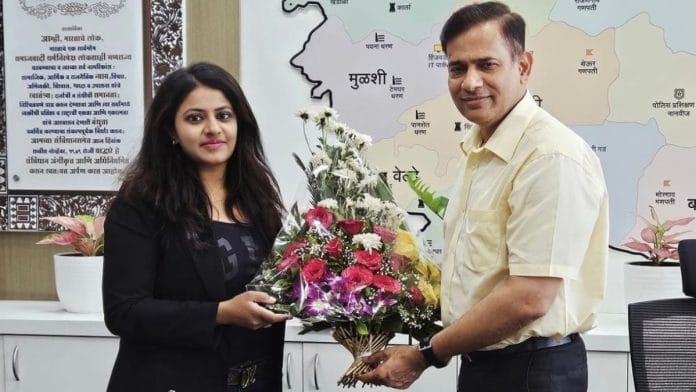Trainee IAS officer Puja Khedkar’s case, involving selection through alleged misuse of disability and OBC non-creamy layer certifications, has sparked more than just controversy. It has shaken people’s trust in the civil services examination, making them question the very sanctity of UPSC’s selection process. It has disappointed the youth who see such competitive exams as a means to bring about positive change. However, Khedkar’s case, which has prompted many important conversations on abuse of power, isn’t a first. Stories of corruption, involving bribery, exploitation, nepotism and more, are not uncommon, particularly within India’s elite bureaucratic circles.
The problem is that, while much has been written, debated, and discussed about these issues, little progress has been made. Some argue for the complete dismantling of the All-India Services, originally established by the British as the Indian Civil Service (ICS) to govern colonised populations. Even the first Indian Prime Minister Jawaharlal Nehru regretfully admitted his inability to reform the Indian bureaucracy: “I could not change the administration; it remains a colonial administration. ”
According to former IAS officer and Reserve Bank of India governor D Subbarao, about 25 per cent of IAS officers are either corrupt, incompetent, or inefficient. However, the argument that this inefficacy and corruption can be solved only by dismantling the system and establishing a new one doesn’t appeal to me.
Do we genuinely disdain corruption?
Corruption exists and thrives in Indian society because it is often socially accepted and, in some cases, even seen as aspirational. The allure of wealth, influence, and efficient outcomes achieved through connections can overshadow ethical considerations. Even those who morally oppose corruption often find themselves complicit, adapting to a system where malpractices are considered essential for survival and progress. This raises a critical question about our societal values: do we genuinely disdain corruption, or do we secretly admire the outcomes—such as wealth accumulation and power—that it sometimes facilitates?
I’ve observed some people discuss within their personal circles that civil servants who haven’t amassed enough wealth to secure future generations are either naive or fools. A degree of profit-making and corruption within the government is deemed socially acceptable. Frustration only arises when it exceeds that ‘reasonable’ limit.
This normalisation of corrupt practices reveals a deeper issue: those in positions of authority aren’t merely seen as public servants; they’re seen as individuals entitled to certain privileges. Fixing this issue, particularly within the All India Services, requires more than just legal and institutional reforms. It needs a fundamental shift in our collective conscience.
Also read: SC alimony order gives Muslim women agency to file for divorce. Ask how many will dare to do it
Corruption needs multifaceted solutions
Unlike politicians who face electoral consequences for wrongdoing, IAS officers, entrusted with pivotal administrative roles, operate with less direct accountability. Hence, it is also crucial to implement reforms that ensure transparency and integrity within the system.
That said, it’s also important to acknowledge and appreciate officers who have consistently upheld their integrity and dedication. Ashok Khemka is one example, demonstrating all that can be achieved when an IAS officer truly commits to transparency and accountability. Serving in the Haryana Cadre since 1991, Khemka is known for his anti-corruption efforts, such as cancelling an illegal land deal involving a prominent political figure’s relative.
Unfortunately, for his commendable work, he has faced over 55 transfers in 30 years (as of 2023). There are also those who have paid the ultimate price for carrying out their duties diligently. IAS officer Narendra Kumar was allegedly killed by the sand mafia in Morena, Madhya Pradesh, for his courageous attempts to curb illegal mining in the area.
Addressing corruption in the system requires a multifaceted approach: enhancing transparency, enforcing accountability, protecting whistle-blowers, implementing digitalised systems, reforming legal and judicial frameworks, and demonstrating strong political will. However, equally important is our own motivation to change and bring change.
It’s up to us whom we choose to look up to—officers like Khedkar, who allegedly misused her power for personal gains, or the likes of Khemka and Kumar, who served honestly and courageously despite roadblocks. Of course, we may not openly laud or support bureaucrats with a tainted record, but many of us are tempted by the perks and benefits that come with abusing power. Our collective aspiration will determine our fate.
Amana Begam Ansari is a columnist and TV news panelist. She runs a weekly YouTube show called ‘India This Week by Amana and Khalid’. She tweets @Amana_Ansari. Views are personal.
(Edited by Zoya Bhatti)







Spitting ugly truth